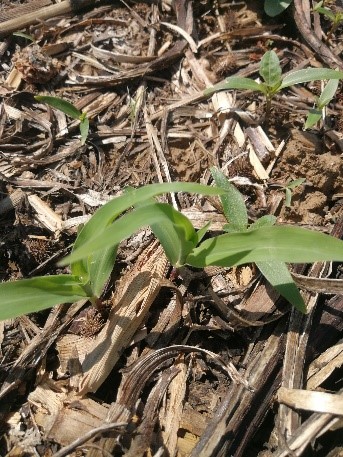The agro-ecological transition of irrigated agriculture seems to be a promising way to develop a resilient irrigation system that reconciles the challenges of adapting to climate change with a sober management of water resources. Soil conservation agriculture (SCA) is a set of farming practices aimed at improving soil properties. Applied to irrigated agriculture, it could allow a better use of rainwater and irrigation water, and consequently a more resilient agriculture in the face of drought. In Mediterranean regions, SCA has shown significant benefits in rainfed systems: water is available for a longer period during the crop cycle, allowing crops to reach maturity while being less vulnerable to drought.
However, little work has been done on SCA in irrigated systems and this is the subject of this thesis, which will focus on 1) characterizing the impact of the transition to SCA under Mediterranean conditions on the hydrodynamic properties of the soil, and 2) evaluating the implications of these changes in properties in terms of irrigation optimization, improvement of irrigation water efficiency and productivity, 3) evaluation of the adaptation of farmers' irrigation practices to SCA in the Mediterranean context, and 4) integration of the reference data acquired into models and tools for irrigation management.
Key words : Agroecology ; Soil conservation agriculture (SCA) ; Irrigation ; Aspersion ; Underground drip irrigation ; Field crops ; Irrigation efficiency.







